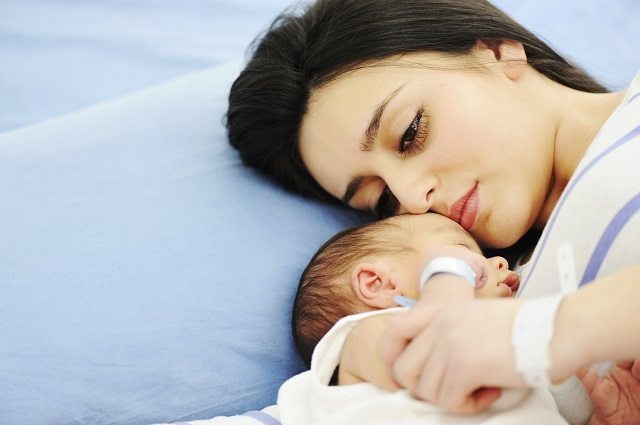Study shows pregnancy does have impact on female brain
A new study has shown that despite previous claims, pregnancy does have an impact on a woman’s brain.
The study has revealed female hormones that develop during pregnancy can have an affect on the development of the central nervous system in the brain. The results suggest that pregnancy does affect the female brain, but has also raised questions regarding replacement hormone therapy given to menopausal women having an affect in the development of brain disorders in later life.
Liisa Galea, a researcher at the University of British Columbia who specialises in how hormones affect the brain and human behaviour and head researcher of the study said in a statement:
“Our most recent research shows that previous motherhood alters cognition and neuroplasticity in response to hormone therapy, demonstrating that motherhood permanently alters the brain.”
The study’s researchers wanted to find out how women who had given birth responded to estrogen hormone treatments, which are prescribed as a form of treatment for middle-aged women with brain disorders, CTV News reported.
The tests were carried out on laboratory rats, but the scientists said that the findings are also applicable to humans because the same hormones and brain cells are involved.
The researchers found that oestrogen hormones that are developed during pregnancy can alter neuroplasticity, the re-growth of nerve cells in the hippocampus, the part of the brain responsible for memory and spatial awareness.
They gave the hormone oestrone to middle-age female rats that had already given birth and experienced motherhood, and to female rats of the same age that had not.
The results found that the hormone led to a decrease in the ability to learn and memorise in the mother rats, but did not affect this ability in rats who had not given birth.
“Pregnancy and motherhood are life-changing events resulting in marked alterations in the psychology and physiology of a woman,” Galea said. “Our results argue that these factors should be taken into account when treating brain disorders in women.”









